Although in common parlance both terms are used interchangeably, a business is not necessarly a company. A business is an economic organization, which aims to produce goods or services and sells them with a profit. Whereas a company is a contract signed between several people who are called partners or associates. The company is a legal envelope for the business; we speak of a legal status. There are several status of company such as Sarl, Eurl, Sasu, SAS, SA, SCI with each legal characteristics framing the relationship between partners and the relations of the company with third parties.
To create your business, you have therefore to choose between two main forms, The company and its different variants or the sole proprietorship. (Note that there are other legal forms such as associations or GIEs, but these are only suitable for certain specific situations).
In the case of a company, the partners are bound by a contract (company statutes) to create a legal entity, this company has a legal existence, it has rights and obligations. The statutes of the company are the main document of the creation of the company. These statutes must be comprehensive and they are precious, on there foresees all the aspects of the relations to come between the partners and the life of the company. In the statutes are indicated for example, the name (denomination), the registered address (siège social), the legal form, the partners and if necessary the share capital, the corporate purpose (objet social)…
With company status, it is no longer the partners themselves but the company which commits to third parties, it is the company that is involved and responsible in the event of litigation or failure. The different legal status have different particularities, some bind the partners individually while others bind them by their financial contributions to the share capital and thus limit the risk for the partners up to the capital contributed. There are forms of company with a single partner, Eurl, Sasu.
Don’t forget that society is also the natural way to join forces with other people to create a business.
In the case of a sole proprietorship, you are the business (natural person), and you are the only master on board! When you sign a commercial lease, an employment contract, a quote, an order form or any other contract on behalf of the company, it is you who is personally bound. The main disadvantage of this solution appears, there is no safeguard or legal barrier between the responsibilities of the company and yours. The financial risks taken by the company are yours. That is to say, if lawsuit happen, you will be personally prosecuted. Without precautions for your personal property, in the event of default, your own apartment could be sold to pay the debts of the company.
Note that, however, you have to keep separate book and tax declaration independent of your personal accounts.
Of course, in a sole proprietorship, you cannot have any associate.
Sole proprietorship is still a simple and economical form of business, but you need to be advised and assess the risks that you can take.
There is a way to protect your personal property thanks to the statutes of the “Eirl” (entreprise individuelle à responsabilité limités) “Eirl” status also allows you to choose between “IR” (impôt sur les revenus) the personal income tax and “IS” (impôt sur les sociétés) the corporate tax.
The sole proprietorship can also become a straitjacket that does not have the flexibility of a company and in the event of development does not allow the association of new partners.

